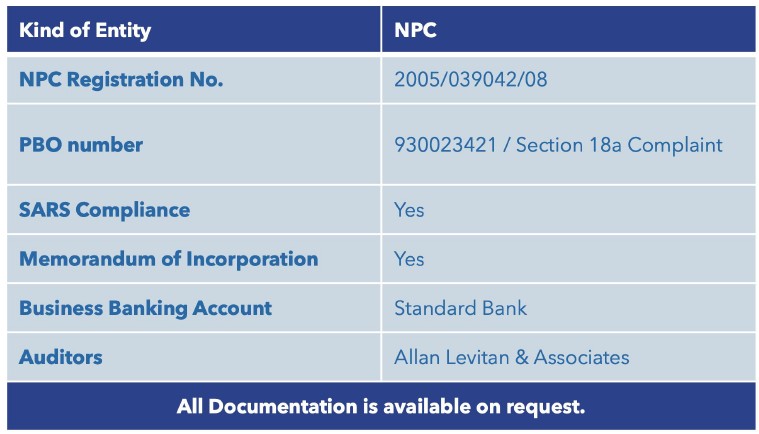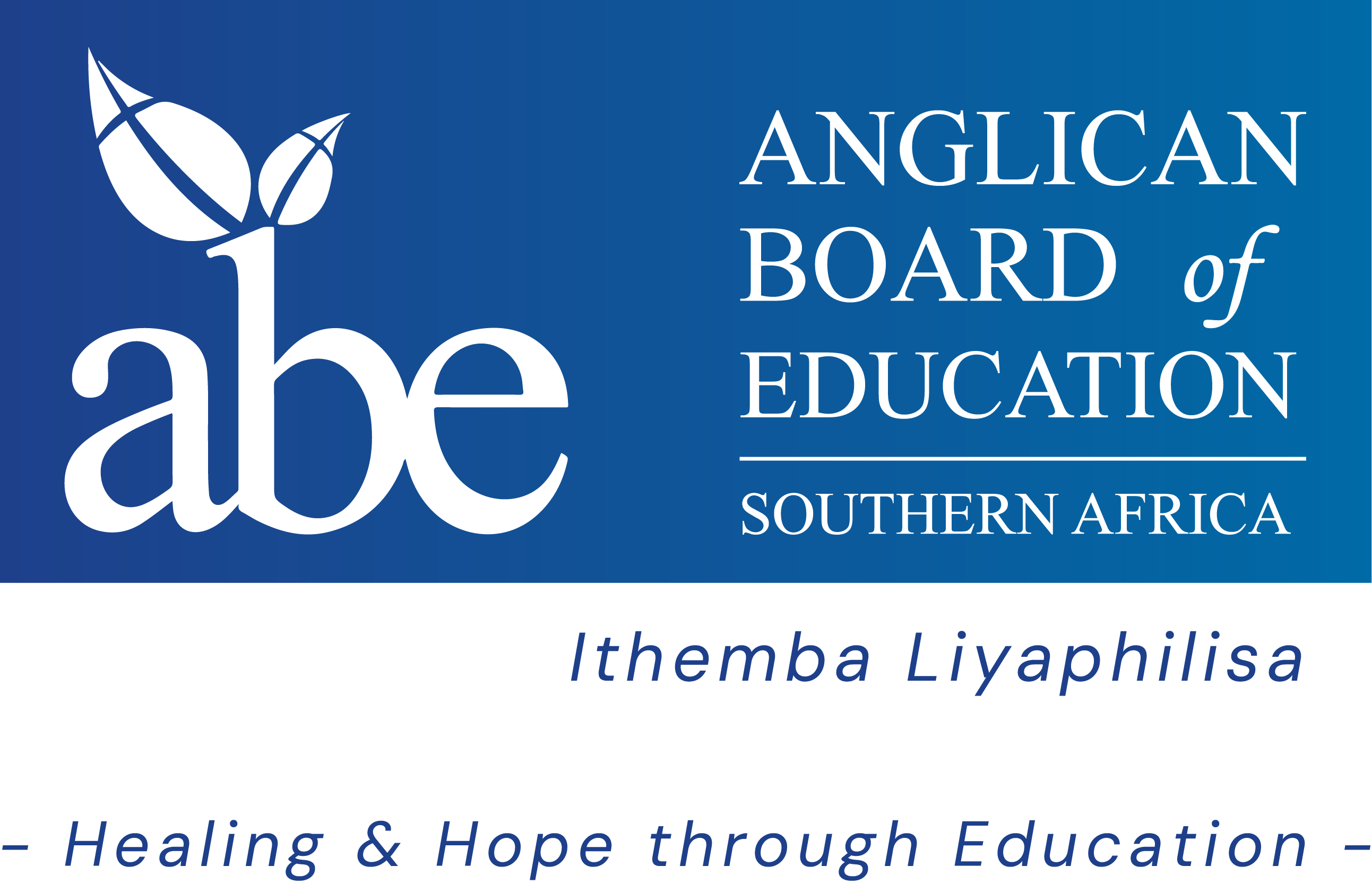
A Strategic Plan
Responding to challenges in Education
2025 to 2029
March 2025
Key Challenges in the Education Landscape
South Africa’s education system is currently in a state of crisis, mainly due to historical reasons but also the ineffective implementation of reforms in the democratic era. Politicians and policy makers need to figure out how to rescue our education system for the millions of learners gathered in classrooms every single day. We all want to believe that teaching is happening, but we also need to ask whether any meaningful learning happens. We also need to understand the emotional support needed to learn, given how many learners live in remote and desperately poor environments. International benchmarking of South African learners does not present a pleasant picture either: 78% of learners in Grade 4 in SA cannot read for meaning in any language, according to PIRLS 2021.
The dismal picture keeps unfolding with rumours of widespread corruption playing out at school’s governance level and teachers stress levels increasing. Teachers’ subject knowledge is also being reported as highly inadequate. 80% of grade 6 Mathematics learners are taught by teachers with mathematics subject knowledge below the grade 6 level.
If we pause and look at what futurists predict in terms of change and the impact of a technology driven world, we all know that life and the workplace will be increasingly harsh places for human beings without the appropriate value sets and skills. Skills like problem solving, reading for meaning, digital literacy, creativity, and collaboration; and values like integrity, compassion, humility and respect, will be essential for building a better future.
Our children need to be able to learn, adapt new skills and be cognitively and emotionally well developed. They will also need the willingness to keep on learning for the rest of their lives. For learners in poor and underserved communities, the classroom at their local school is the main “learning space”. This implies that we need to take special care that these spaces are filled with joyful experiences, resources, learner engagement and meaningful learning about the world around them, as well as themselves and their purpose in life.
Global Education forums as well as the South African National Planning Commission recognise the need for Governments and civil society to work together in addressing these challenges. ABESA is ready and willing to partner!
ABESA – An Introduction
The Anglican Board of Education for Southern Africa (ABESA) represents 376 Schools connected to the mission and ministry of the Anglican Church of Southern Africa; many since the mid nineteenth century. 216 of these schools are in the Diocese of Lesotho, and 33 in the Dioceses of eSwatini & Namibia. South Africa is home to 126 of these schools, across 15 Dioceses. 286 schools are registered as public schools and 90 as independent schools. In total 81 000 learners lives are touched each school day by the service of thousands of educators.
Our complex history and currently diverse landscape of schooling, together with recognizing education as a basic human right for all, issues a call for ABESA to embody the injunction of ‘Ithemba Liyaphilisa” – Healing & Hope through Education. It is a call for ABESA to drive advocacy and innovative partnerships & projects which enable all schools to flourish in service of the common good.
A collaborative journey, since 2023, with Thuto Thema (NPC), the Public School Partnership Group and existing Diocesan schools has resulted in the articulation of new Vision and Mission Statements, and the adoption of 5 action pathways of innovation, scaffolded by a well-formulated theory of change. ABESA has invited the pioneering and innovative work of Thuto Themba into its operations as of January 2025, and has assumed responsibility for the activities previously funded as those of Thuto Themba.
The Church school offers a distinctive language for understanding life and interpreting human experience. As a community of faith, the Church school should, in its best expression, reflect the nature of the Trinity, a life shared and defined by reference to others. Here we can begin to discover who we are, why we are, and – perhaps most importantly – what we might be.
The Schools within the ABESA Network
Anglican Church of Southern Africa



Current reality of the Anglican school landscape in Southern Africa
As a result of a long history of involvement in Education in Southern Africa, that dates back more than 100 years, schools can be categorized as follow:
1. Well-resourced schools that are functioning autonomously as expensive independent schools
2. Low-fee independent schools who are charging school fees, low enough to qualify for government subsidies
3. Schools (mainly in rural areas) which were built by the mission activities of the church and have now become no-fee public schools on church land. Provincial Education Departments pay rent for the use of these properties as schools, and the operational cost of these schools are also carried by the provincial education departments.

ABESA
Who we are
The Anglican Board of Education for Southern Africa (ABESA), is a Non-Profit Company & PBO, established as a vehicle to address the opportunities and challenges in the educational landscape of Southern Africa.
The work of ABESA focuses on GROWTH, ADVOCACY & PARTNERSHIPS in creating greater equity in the provision of and access to sustainable quality education.
Problem, Vision & Mission Statements
Problem Statement:
Inequity in school-readiness and the provision of and access to quality education, fails to create flourishing and transformation in community.
Vision Statement:
ABESA exists to create sustainable equity in education, enabling learners and communities to flourish as active & responsible citizens serving human dignity and the common good.
Mission Statement:
ABESA partners with civil society and government to advocate, act and innovate for quality basic education, as a human right, across Southern Africa, promoting hope, belonging & social cohesion amongst citizens who act for transformation and the common good of all communities.
ABESA’s standing in the GAP between Current Reality and a New Legacy
A new legacy of quality Anglican Education by following action pathways of Innovation
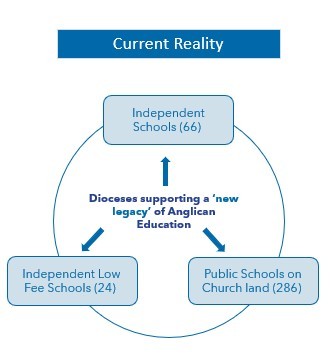
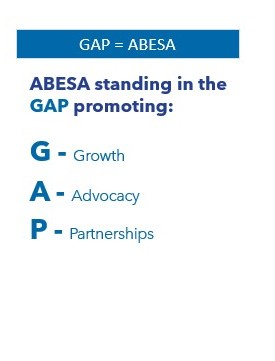
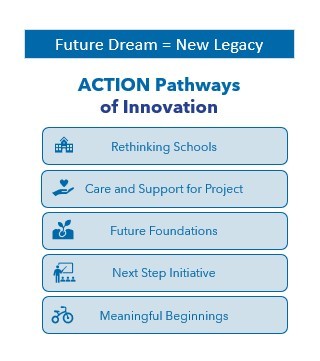
How do we stand in the GAP
Underpinning our plans and actions as the pathways for innovation are

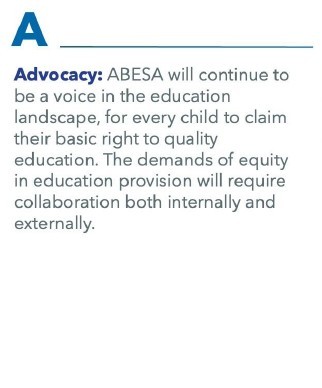
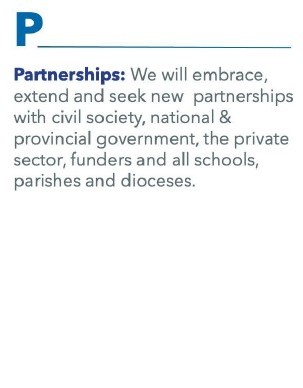
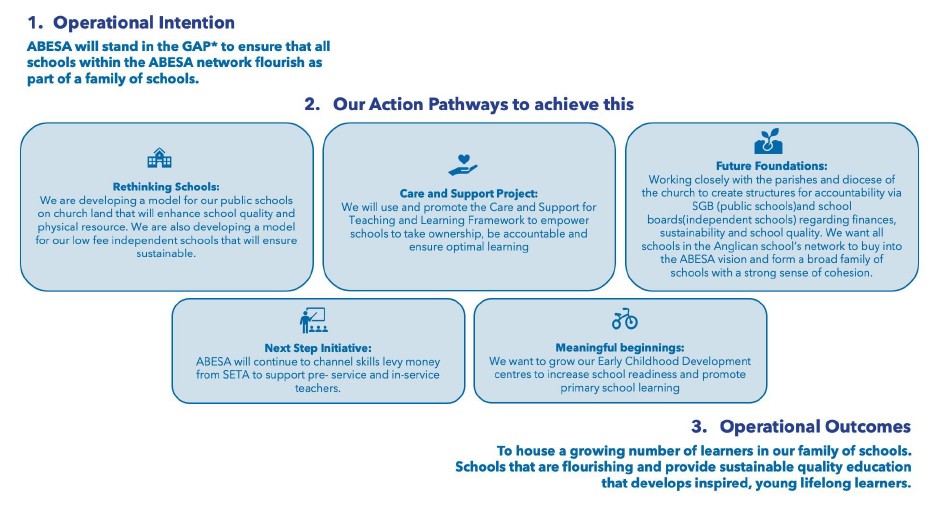
Action Pathways as Projects
Rethinking Schools
Care and Support Project
Future Foundations
Next Step Initiative
Meaningful beginnings
Rethinking School
Models for schools to flourish
Project description.
ABESA will act as the custodian to investigate, design and implement innovative, new school models, including infrastructure optimization, towards sustainable quality education.
Objective of the Project for 2025 to 2029
To design a model for financial sustainability working with three of the low fee independent schools namely Vuleka, Kwasa College and Masibambane
Complete a viability study on St Matthews in Keiskammahoek
Support St Marks Jane Furse becoming a Focus School
Funding in 2025
DGMT
Additional funding needed
In 2025 we need a project manager to visit schools, assist with curriculum management and ensure that Robotics and Coding are implemented at a number of pilot schools
CAS: Care and Support
Project Detail
Project description.
During 2023 and 2024, ABESA has worked with the NPO Thuto Themba and has visited all Public schools on Church land in the Western Cape, as well as some in other provinces. The need has been identified for closer communication and co-operation between the church as landowners and custodians of the school and the schools management and teachers. We have also witnessed a great need to address infrastructure and effective curriculum implementation
Objective of the Project for 2025 to 2029
To use the CSTL framework {Care and support for teaching and learning} to support schools to ensure effective learning in all the ABESA network of public schools on church land.
Support for schools to deliver quality education includes at the levels of Governance, Management and Curriculum Implementation
Funding in 2025
DGMT
Additional funding needed
In 2025 we need a project manager to visit schools, assist with curriculum management and ensure that Robotics and Coding are implemented at a number of pilot schools
Future Foundation
Project Detail
Project description.
Creating a collective of all Anglican Church Schools, in relationship with their Dioceses – forming a broad family of schools with a strong sense of cohesion.
This project will create a collective amongst all schools that are linked to the Anglican church in Southern Africa. Historically schools in the network of Anglican schools has functioned independently from each other. ABESA will serve as the care umbrella for all three categories of schools:
- Economically well-resourced independent schools
- State subsidized Independent schools
- Low and no-fee public schools on church land
While advocating cooperation, sustainable practices, quality education in line with our Vision and Mission amongst the schools, transforming and leveraging the role of the church as landowner will also be addressed in conversation with the different parishes and dioceses
Objective of the Project for 2025 to 2029
- Develop and operationalise an internal communication strategy between ABESA the Schools and their respective Dioceses
- this strategy must address issues like: finances, sustainability, challenges of land ownership and school quality and in time lead to the development of accountability mechanisms
- Research on community partnership projects in schools:
- Define best practise
- Highlight opportunities for partnerships within the family of schools
- Investigate potential benefits of collective procurement, for the family of schools
Develop a fundraising strategy for the financial sustainability of ABESA, in respect of both internal and external funding
Funding in 2025
DGMT and Core Funding
Additional funding needed
Project staff member to drive research, regular communication in different formats and liaise between schools R600 000 (asap). Funding for 2026 to 2029 also needed
Meaningful Beginnings
EDC Project
Project description.
Increasing access to infrastructure for early learning opportunities, which improve school readiness, reduce learning poverty and improve equity.
We will partner in establishing flourishing Early Childhood Development centres, housed in underutilized church property, to increase school readiness for the learning journey undertaken in Primary School; and provide services like toy libraries, health care and parent education to communities
Objective of the Project for 2025 to 2029
- Complete Infrastructure Audits in 5 Dioceses
- Launch one pilot site in Diocese of Pretoria with Smart Start
- To complete the Social Impact Bond design with the Bertha Centre (WC specific)
- Launch one pilot site in Western Cape with WCED & partner
- Complete Infrastructure Audits in 5 additional Dioceses per year
- Secure Project Funding
- Launch 3 additional sites per year
- Develop cost effective models allowing for increased access
Funding in 2025
General Funds
Additional funding needed
Need a budget per centre to be fundraised for
ABESA Governance
ABESA Board of Directors

Chairperson
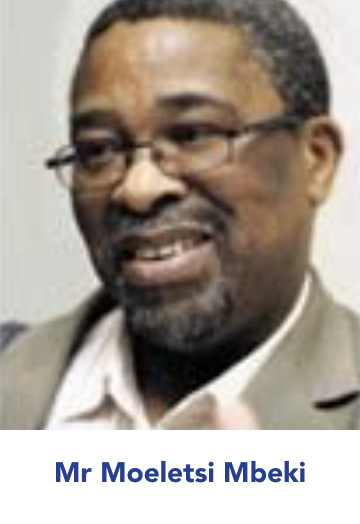
Treasurer

Company Secretary
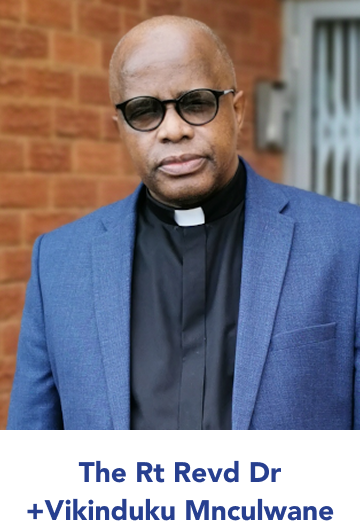
Liaison Bishop for Education

Executive Director / CEO
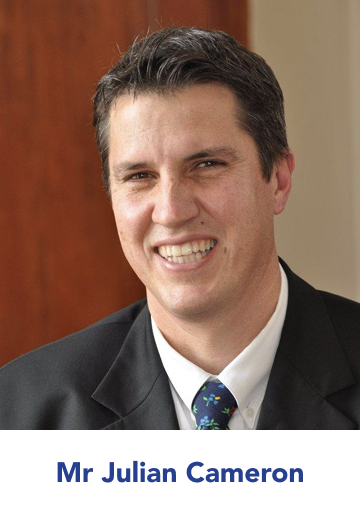
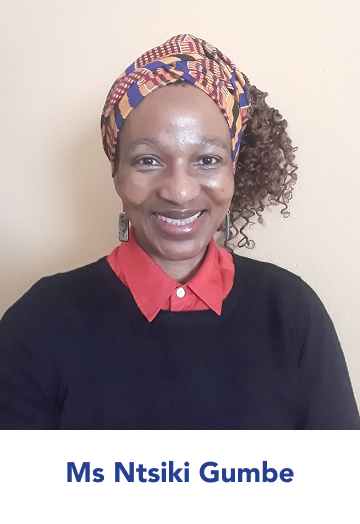
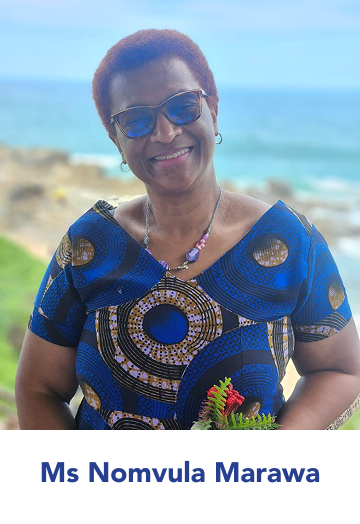
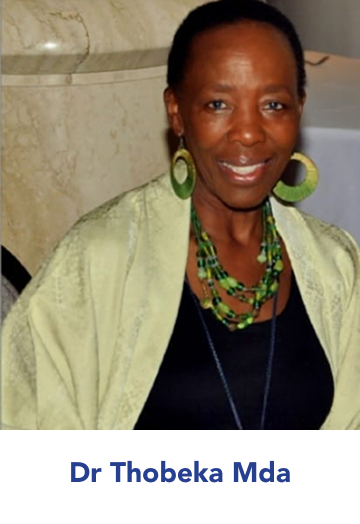

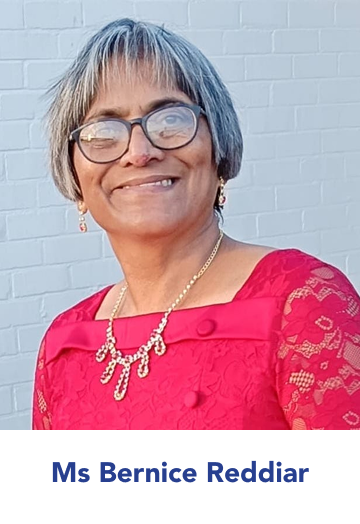

Co-opted Ex-Officio
